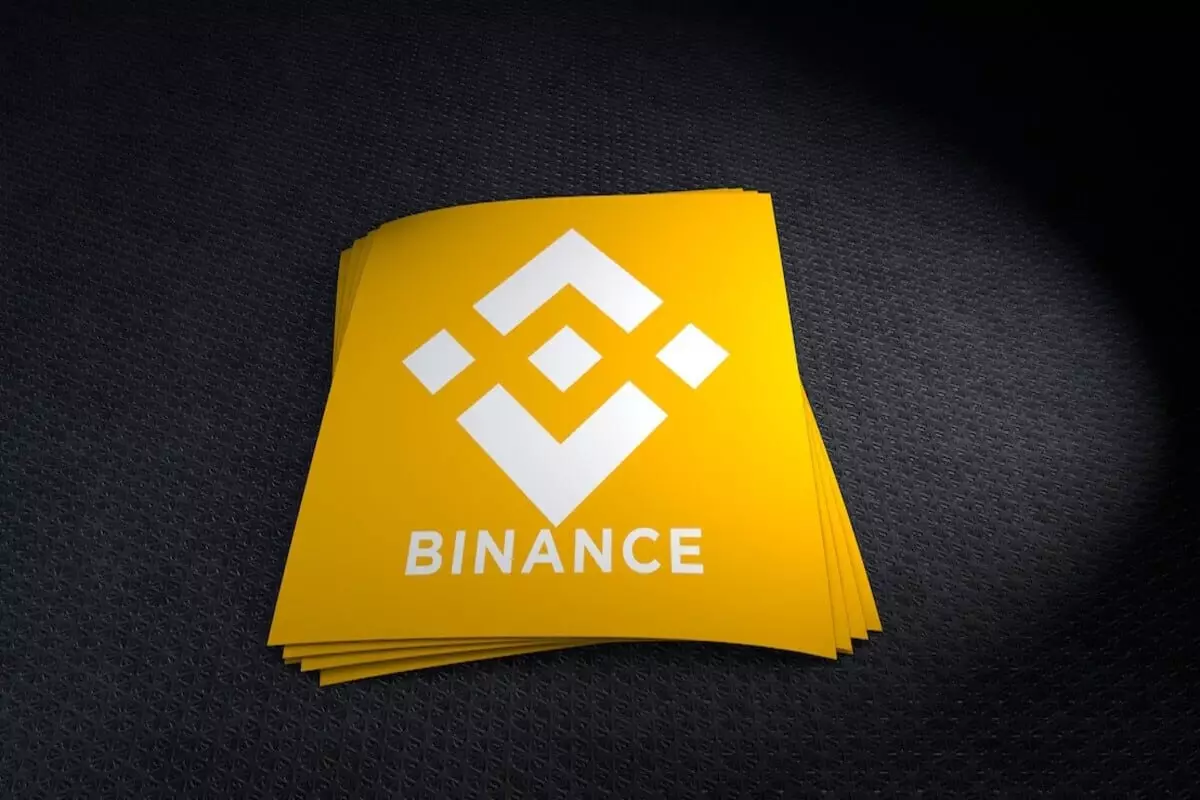The ongoing legal dispute between Binance, a leading cryptocurrency exchange, and the United States Securities and Exchange Commission (SEC) has reached new levels of intensity. In recent court documents, the SEC claims that BAM Trading Services, the parent company of Binance.US, has failed to fully comply with information requests, raising concerns about custody and liquidity of assets. This article delves into the escalating clash between Binance and the SEC, analyzing the evidence production and witness deposition issues at the core of the legal battle.
According to the joint status report filed on January 25, the SEC accuses BAM Trading Services of inadequate compliance with its information requests. The regulatory body seeks detailed insights into the custody and liquidity of assets, expressing concerns about undisclosed control mechanisms over customer funds, similar to the FTX scandal. However, BAM’s attorneys strongly deny these allegations, asserting that the company has adhered to all document production requirements outlined in the consent order and the expedited recovery request. They argue that the SEC’s methods, including the issuance of a Temporary Restraining Order (TRO) and pursuit of expedited discovery, have placed an undue burden on BAM.
The original consent order, established to govern the SEC’s investigation, has become a central point of contention. BAM argues that the SEC is exceeding the agreed terms by expanding the probe beyond the safety and accounting of customer assets, delving into a broad examination of BAM’s custody policies and practices. This adds another layer of complexity to the legal battle. The regulator is allegedly seeking evidence to determine if Binance.US has a backdoor enabling potential control over customer assets, reminiscent of the FTX situation. BAM’s attorneys assert that they have fully complied with document production requirements as stipulated in the consent order and expedited recovery request.
The joint status report also highlights the pending requests for depositions from BAM Trading Services’ former CEO and CFO, Brian Shroder and Jasmine Lee, respectively. BAM argues that additional depositions from current or former personnel are unnecessary. They contend that the SEC has already gathered sufficient information through the depositions conducted during the expedited discovery phase. BAM’s attorneys assert that there is no evidence suggesting Shroder and Lee were involved in the day-to-day management details of asset custody and transfer. They argue that other witnesses, such as BAM chief information security officer Erik Kellogg, possess more relevant insights.
BAM’s attorneys argue that the burden imposed by these depositions outweighs their potential benefit. They also claim that the discovery sought by the SEC is disproportionate to the needs outlined in the consent order. In September, the SEC and Binance agreed on a protective motion, requiring parties to file confidential information under seal. This motion aimed to restrict access to confidential and non-public information to specific parties involved in the case, such as the judge, attorneys, plaintiffs, and defendants.
Another point of disagreement revolves around the potential examination of Binance co-founder Changpeng Zhao. Disputes persist regarding the scope, timing, and location of his deposition. Zhao resigned as CEO of Binance in November 2023, following a $4.3 billion settlement with U.S. regulators. Currently, Zhao is free on a $175 million bond in the United States and faces a potential 18-month prison term.
The legal battle between Binance and the SEC continues to escalate, with evidence production and witness depositions becoming key battlegrounds. The SEC’s allegations of insufficient compliance by BAM Trading Services are met with vigorous defense from BAM’s attorneys. Disagreements over the consent order, witness depositions, and protective motions further complicate the already intricate legal proceedings. As the clash between Binance and the SEC continues, the outcome of this high-stakes battle will have significant implications for the cryptocurrency industry and regulatory oversight in the United States.

